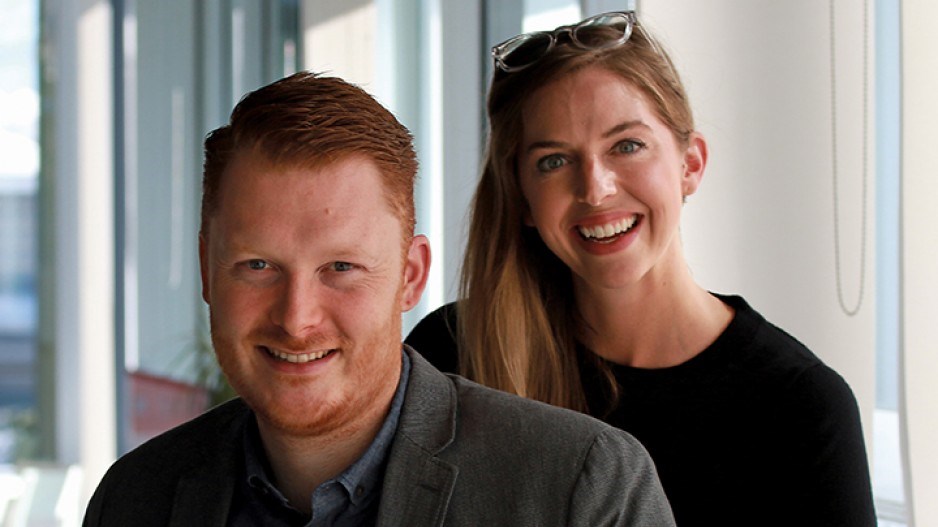This story is part of Business in Vancouver's Launch series, focusing on B.C. startups and emerging trends in entrepreneurship
As the co-founder of a start-up, Ian Crosby shouldn’t be smiling.
Startups are mostly a downward spiral where you lose sleep, health, money and a firm grip on sanity. More than likely, you lose your business, too.
However, the CEO of Bench, a fast-growing online bookkeeping company, has beaten the odds stacked against a newbie company. In an interview, Crosby is personable, on point and relaxed – and he has good reason to be. The 31-year-old with no previous company-building experience is now generating 80% annual growth, adding to a customer base numbering in the “thousands,” expanding market reach from the U.S. into Canada, and leading 250 employees occupying three floors of the Telus Garden building in downtown Vancouver.
But the road to where he is now didn’t detour around any of the potholes many startups drive over.
“It was a very high learning curve,” Crosby said of the tough early going. “The combination of the pressure, time constraints, limited cash and the need for the product to really work comes in this wave that messes with your intuition.”
Undeterred, more people are lining up for this emotional roller-coaster ride in B.C. Those within B.C.’s startup ecosystem say there is more activity than ever and a new entrepreneurial mindset is manifesting itself – only access to capital lags behind.
Most startups don’t end up well. One Industry Canada statistic is that half of new businesses don’t make it to the five-year mark. Other estimates peg the mortality rate at 60-90%. The reasons underlying failure are numerous, but they all ultimately point to the same problem: most people starting companies have absolutely no idea what they’re doing. Much like a black hole’s irresistibly powerful gravitational field consumes light, ignorance can kill a really bright idea.
Dan Sutton, founder of medicinal marijuana grower Tantalus Labs, suggests a lack of knowledge of important disciplines such as financing, legal, accounting, HR, sales and marketing is almost a prerequisite for first-time startup efforts.
“I think that naiveté around the difficulties that every entrepreneur faces is an essential component of early entrepreneurship,” he explained. “You can’t really know how tough it’s going to be to get into because otherwise no one would do it.”
Crosby’s idea, which he’s been stuck on since he was 15 and helping with his dad’s general ledger, has been to automate the tedious but mandatory practice of bookkeeping. He envisioned software that would pull together data from a company’s transactions to compile financial statements, backed by human-being support, for a monthly fee.
In 2012, Crosby and his co-founders joined Techstars, a New York accelerator and mentorship program.
“We didn’t know what we didn’t know,” he said. But reality soon hit them hard during a pitch – which, in the startup realm, is a perverse experience where you willingly submit to being humiliated, degraded and, if you’ve been good, rewarded at the end. Among Crosby’s Techstars audience was an early “famous” employee of Microsoft (Nasdaq:MSFT).
“Two minutes into pitching him the idea he starts doodling the word DOOMED in his notebook in massive, big, block letters across the entire page. As we’re talking he tells me there was no way this is ever going to work. He just keeps underlining and starring the word,” recalled Crosby, who ended up graduating the program with a $100,000 investment. “It was very bruising, but you have to learn how to get a thick skin. Someone not liking your idea doesn’t mean that it’s wrong; it just means you have a different opinion.”
It’s taken as gospel in the world of startups that founders need to be both believer and preacher, especially if their industry holds the promise of a landscape littered with multiple “unicorns” – startups reaching $1 billion valuations. Sutton helped guide Tantalus through a tortuous 1,400-day regulatory journey to become the 10th company in the province to receive a federal licence to cultivate medical marijuana. Tantalus started its first harvest in January. The company expects to begin sales early this year, at which time recreational use may be legalized, turning bud into a Budweiser-sized market.
“When Tantalus Labs gets to its successful milestone … we won’t be a unicorn, we’ll be a f---ing rhinoceros because we’re covered in scars. We’ve burst through the brambles on a million different things and that’s what makes a good entrepreneurial operator. It’s not [necessarily] somebody who hits the right thing at the right time and rides the wave,” he said.
There are a growing number of others based in B.C. who, like soldiers volunteering to jump from the trench first, share the same conviction and optimism.
Business Development Bank of Canada (BDC), which provides financing, capital and consulting to entrepreneurs in Canada, identifies B.C. as a hot spot for startups. Over the last two years, BDC has enlarged its footprint in B.C. For example, in its advisory services group, staff has increased from five to 28. In the last fiscal year, BDC provided $795 million in new loans to businesses in its “BC & North Financing” category, a 41% increase over the previous year. In total, BDC’s total loans committed to area businesses increased 18% to $2.6 billion. BDC also has more than $1 billion in venture capital invested in a roster of Canadian businesses that includes General Fusion, D-Wave, Nexterra Systems Corp., Trulioo and many other made-in-Vancouver companies.
B.C. is the leader in starting small and medium-sized enterprises in Canada, said Paula Cruickshank, senior vice-president, BC & North, for BDC.
“The region is growing faster than other regions in Canada and our Vancouver area is exceeding its projected growth targets. B.C. is great at starting businesses, but in order for the region to flourish, BDC is focusing on helping [small and medium-sized enterprises] grow,” Cruickshank said.
Startup Genome, an international research and advocacy organization, ranked Vancouver as the 15th best startup ecosystem in the world in its Global Startup Ecosystem Report 2017. Vancouver moved up three spots, edging out Toronto by one for top startup destination in Canada, while Silicon Valley retained its No. 1 crown. The report states, “Vancouver has more startups per capita than any other city in Canada,” and estimates there are 800 to 1,100 startups in the city. Vancouver earns points for its market reach, global connectedness and livability. The report also credits Vancouver’s success to ambitious incubator and accelerator collaborations between Wavefront, the BC Innovation Council, Launch Academy, the BC Tech Association and others.
Crosby, who calls himself an “old dog” on the startup scene, said the stage in Vancouver has gotten much bigger.
“It’s really snowballing. There wasn’t this concentration and number of companies 15 years ago.”
Changing landscape
Underpinning all of this activity is a shift away from expectations of “job for life” or can’t-fail companies that weather all headwinds. The sawtooth line charting industry or market performance has become more erratic than ever. From the tech bubble to the 2008 global meltdown and onward, the only thing for certain has been uncertainty. Some of that fallout may be attributable to a demographic shift among millennials – those born between the early 1980s and the early 2000s – toward the gig economy, where temporary, flexible jobs are replacing full-time work. There is a realization that a secure industry does not exist anymore among millennnials, said Sarah Lubik, director of entrepreneurship at Simon Fraser University.
“The only job security you have is being valuable, being able to learn very quickly and being able to create your own opportunities,” Lubik said. “I increasingly hear talk from students who say they are going into entrepreneurship because they don’t want to be dependent on someone else for their job.”
That entrepreneurial energy not only ignites startups, but can spark change within existing organizations as well, said Lubik.
“[Entrepreneurship] is about using innovation to create sustainable and valuable economic change, whether you’re starting a company or whether you want to be working for another organization,” said Lubik, who wants entrepreneurship to be part of elementary and high school curriculums. “It’s about being able to keep up and make the most of opportunities as the world shifts and technological change happens.”
If you want to create a long train, you need a strong locomotive to power it forward. For building a startup ecosystem, that engine is cash. Unfortunately, for every Hootsuite success, there are far many more companies with holes for pockets. BDC highlights the tech industry’s role in leading B.C.’s growth. However, Geoff Fawkes, CEO and co-founder of Vancosys Data Security, said that beyond the media exposure some local tech darlings receive, B.C. is getting only its “fair share” of startups. While Vancouver’s livability, diversity, relatively lower labour costs and federal funding programs are attractive, seeking early capital is just plain ugly here.
“It’s actually not easy at all,” said Fawkes, a frequent speaker on technology and startups. “There are many, many Vancouver technology companies chasing seed investment, and the rounds can be small. The ones you hear of that are getting startup capital, they really have to work at it, and one can conclude that those that do get startup capital are good quality companies.”
Paul Richardson, CEO of Renewal Funds, has focused his “mission venture capital” firm’s resources on green consumer products and environmental innovation with a technology bent, including several companies with Vancouver ties. What’s missing from Vancouver’s investment scene is more mature capital, he said.
“Overall, for the tech space, there are a lot of accelerators here for a city this size,” Richardson said. “Where we’re lacking in support is more funds like ours … where people coming out of those accelerators, or people who spent a little bit of time with friends-and-family money building a business, can get professional investment at an early stage or late seed stage. That’s what we don’t do a great job of here.”
Many highlight that B.C.’s start--up ecosystem is still in the early stages and point to the need for a generation of entrepreneurs who have successfully exited from their company through acquisition to reinvest in the next generation. Ed Quilty, founder, president and CEO of Aquatic Informatics, built his water data management company from a consultancy to the world’s largest in its specialized field. Access to money in Vancouver is limited unless you’re a startup chasing gold veins, Quilty said.
“It’s hard to get a couple of pennies to rub together in this town,” he said. “The money is there, but it’s in mining and other areas. I think the big thing is there haven’t been a lot of big successful companies to spin off lots of entrepreneurs who have lots of money to take risky bets. It’s a pretty small pool of angels.”
While not as new and shiny as the tech industry, mining provides the perfect analogy for a multi-generational industry reinvesting capital. Mark O’Dea, chair and founder of Oxygen Capital, started Fronteer Gold from scratch in 2001 as a PhD geologist who “knew nothing about the business of running a public company” and didn’t even own a proper suit. Fronteer Gold was later sold to Newmont Mining (NYSE:NEM) for $2.3 billion in 2011, and O’Dea has gone on to reinvest both his time and money into a series of successful start-ups, including True Gold, which was sold to Endeavour Mining Corp. (TSX:EDV) in 2016 for $240 million after it built the Karma gold mine in West Africa.
O’Dea outlines an investment renaissance for junior mining startups. Intermediate and senior mining companies that have starved their exploration budgets for years are now facing dwindling reserves. Mature mining companies are now taking toeholds in a whole basket of junior explorers to get a position in the next wave of mergers and acquisitions, O’Dea said.
“Selective money is flowing into discoveries again and these investors are backing new things. You’ve got a brand new idea or a brand new project that’s never been drilled or been in a public company, you can finance it,” said O’Dea.
Crosby’s Bench raised $20 million in 2016 and $23 million earlier this year in two rounds of Series B financing to fund growth, on top of its growing revenues. Beyond mature capital, what’s invaluable for Crosby is the networking, idea generation and peer support that is percolating in Vancouver’s startup ecosystem – as highlighted by the addition of Hootsuite’s former chief revenue officer, who joined Bench’s board of advisers in 2014.
“For example, leveraging Face-book [Nasdaq:FB] helped us really take off and get our foot in the door,” Crosby said. “We learned that from Steve Johnson, who was the CRO of Hootsuite at the time. He just happened to know a guy who knew me, and we had breakfast. That’s why having these ecosystems are so important because in entrepreneurship, to get this idea off the ground, there are so many different parts to get right and some don’t even have an idea of the parts that are missing. And no one person is an expert in everything.” •
Startup lessons
Sage advice from successful entrepreneurs
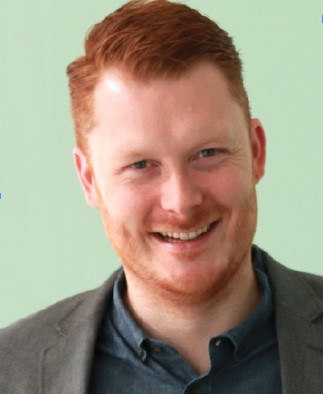
Do not reinvent the wheel
“Don’t invent everything new for the business. Find the analogs and figure out what’s going to be different with yours and build on what other people have built. For example, don’t invent how you’re going to bid for Google AdWords. People already have built models for that and spent years perfecting it so why go and build from scratch?”
Ian Crosby
CEO, Bench
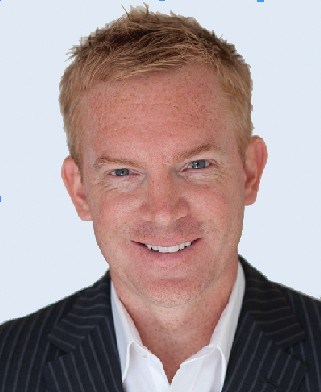
Scaling up
“A challenge some people have is they hold on tight to their teddy bear. You have to be able to let go to scale up. You have to be able to hire really smart people and delegate or you just won’t make it. We continually grow. It comes down to people, cash and processes. There are different requirements of all three across each stage of the company. But what got you here won’t get you there. So you really have to renovate your company multiple times.”
Ed Quilty
Founder, president and CEO,
Aquatic Informatics
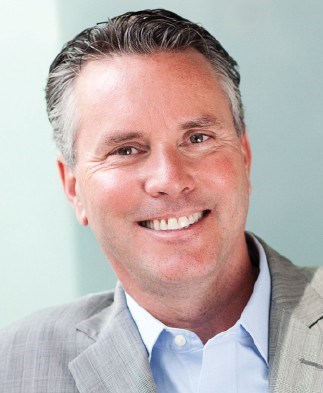
Foundational CFO
“I didn’t have a strong CFO at the start. So, the first thing I needed to find was a CFO who could do it all. It took me three CFOs to get the right one. Once you have a good CFO, then all of a sudden the foundation to your company is solid and intact. When Sean Tetzlaff [now Oxygen partner] joined the group, obviously everything changed.”
Mark O’Dea
Founder, Oxygen Capital
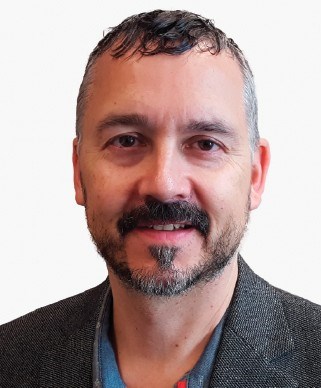
A customer counts most
“There’s a an old saying for startups that the best form of funding is a customer. At the angel investor level, they’re looking to reduce their risk. If you’ve managed to convince a prospect company not paying you yet or a company that’s started to actually pay you revenues, that reduces an angel investor’s risk, You’ve proven to them you know how to go out and sell, and you’ve got a customer that can be referenced to bring on other customers.”
Geoff Fawkes
CEO and co-founder,
Vancosys Data Security
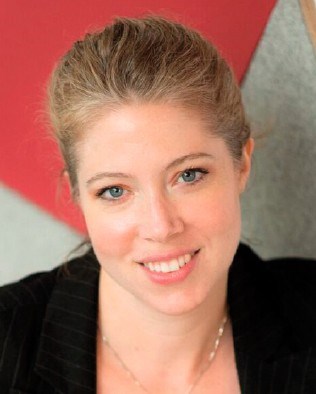
Educate yourself
“Build up those skills before it’s the investors’ money on the line. In Silicon Valley, there are some investors who want to see you have failed several times before they want to invest. In some ways, a very hands-on education around entrepreneurship helps you have those failures. It helps you create capacity without necessarily relying on the investor to always take on those chances and be the ones to develop that talent.”
Sarah Lubik
Director of entrepreneurship,
Simon Fraser University
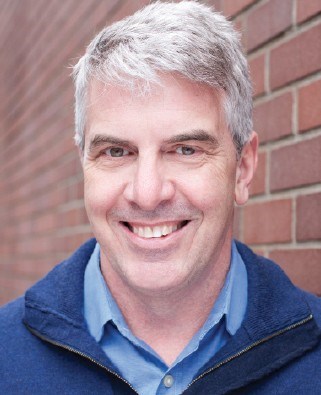
Buy local
“People don’t realize we have a lot of really great professionals who can help companies who are available at rates way better than Toronto or New York because they want to live here. There is quality for value compared to your typical lawyer doing the same transaction in Toronto. We don’t do a good enough job of telling that story.”
Paul Richardson
CEO, Renewal Funds
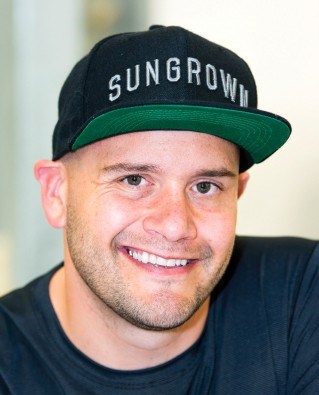
Commitment-phobes need not apply
“Pick a problem area you believe serves a critical higher purpose … something where you can wake up from the hardest day and go, ‘I have to keep going. I cannot stop doing this.’ Because there are a million reasons to not continue your startup. It’s the survivors who win.”
Dan Sutton
Founder, Tantalus Labs

